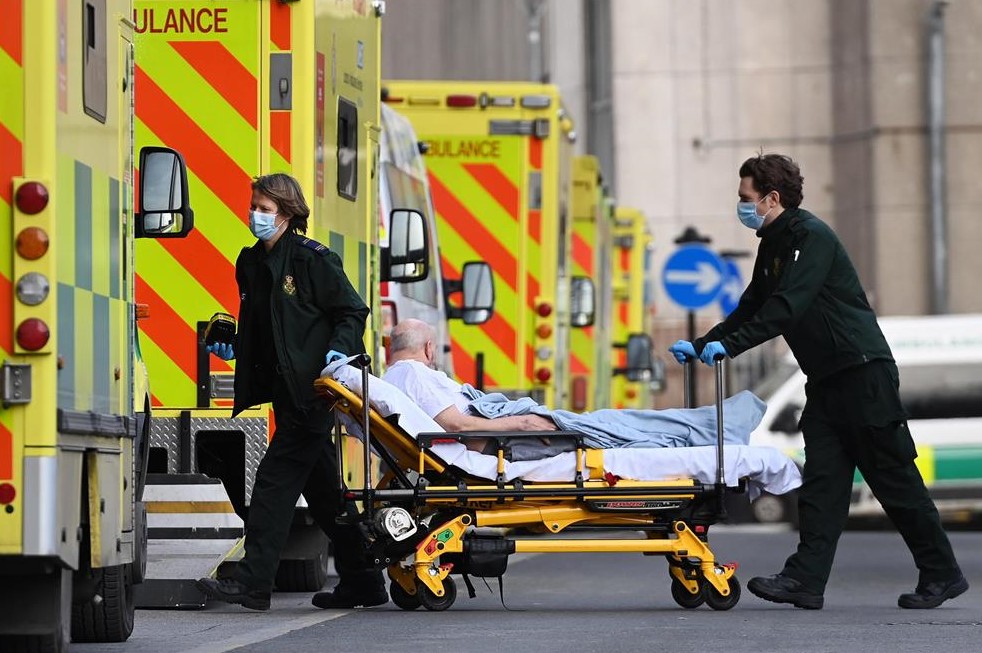
First aid for the elderly: what distinguishes it?
First aid for the elderly: seniors are highly prone to accidents and injuries. Senior first aid should be considered when caring for the elderly at home or in a facility
First aid for the elderly: Importance of Senior Safety
Aging is a term used to describe the changes in body functions and appearance as one gets older.
As we age, the changes will start to affect everybody system due to environmental and genetic causes.
Bodily functions will also experience a shift during the process of aging.
Seniors are more vulnerable to injuries than younger people.
It is a fact, even if some are currently active or vigorous.
They are at high risk for accidents due to their reduced motor skills, coordination, muscle strength, and poor eyesight.
Some medicine prescriptions can also cause dizziness or rapid drop in blood pressure levels.
These can put seniors more at risk for injuries.
Falls in seniors are more likely to be severe than those in younger ones.
A single accident can cause an older person to suffer severe injuries and become bed-bound.
Aging affects everyone in many different aspects.
The good news is there are plenty of ways to keep the mind, body, and bones healthy as one gets older.
Here, we are looking to explore ways to improve senior safety.
First Aid for the elderly for Falls (and Fractures)
Falls is a significant health issue in the senior community.
About 30% of older people over 65 experience at least one falling incident every year.
Elderly falls often result in lacerations, hip and other bone fractures, and head injuries.
Elderly: First Aid for Cuts and Abrasions
The skin becomes more fragile with age, resulting in more cuts, scrapes, and bruises, which may be susceptible to infection.
Many seniors have existing chronic diseases such as diabetes and arthritis.
These conditions can decrease the body’s immune system defences against infections.
The elderly tend to be frail and require special care for their cuts and abrasions.
Apply wound care as early as possible to lessen the risk of infection.
Best to protect the area with a bandage.
Prepare a well-stocked first aid kit on hand that contains all the essentials such as bandages, plasters, and some antibiotic medications.
First Aid for the elderly for Poisoning
Another concern for senior safety is poisoning.
These are due to accidental medication intake or may ingest a poisonous substance.
Carbon monoxide poisoning is also common.
In a poisoning emergency, the first thing to do is remove anything off the person’s mouth.
Read the container label and follow instructions, whether a household cleaner or other chemicals.
Begin CPR if the elderly are not showing any signs of life, such as breathing, coughing, or any movements.
Call Poison Control Hotline in your area for additional instructions.
First Aid for Heat and Cold-related illnesses
As mentioned, seniors tend to develop chronic medical conditions, impacting the body’s temperature regulations.
Most elderly take prescription medications that alter their temperature balance.
It is why it’s essential for them to regularly use sunscreen and wear appropriate clothing when spending time outdoors.
Dressing in layers is essential in keeping them protected from warm or cold water.
Drinking plenty of water and staying hydrated is also vital to protect them against weather-related illnesses.
First Aid for Heart Attack and Stroke
Heart attack and stroke are two common medical conditions with old age.
If an elderly suffers from any of these two, immediately dial for emergency assistance.
Heart attack and stroke are both time-critical and require urgent medical attention.
Take note that caring for seniors at home or facility may require you to have some prior knowledge of first aid or other lifesaving procedures.
It is essential to keep First Aid and CPR certifications up to date.
Read Also:
Emergency Live Even More…Live: Download The New Free App Of Your Newspaper For IOS And Android
Stress Fractures: Risk Factors And Symptoms
RICE Treatment For Soft Tissue Injuries
How To Carry Out Primary Survey Using The DRABC In First Aid


